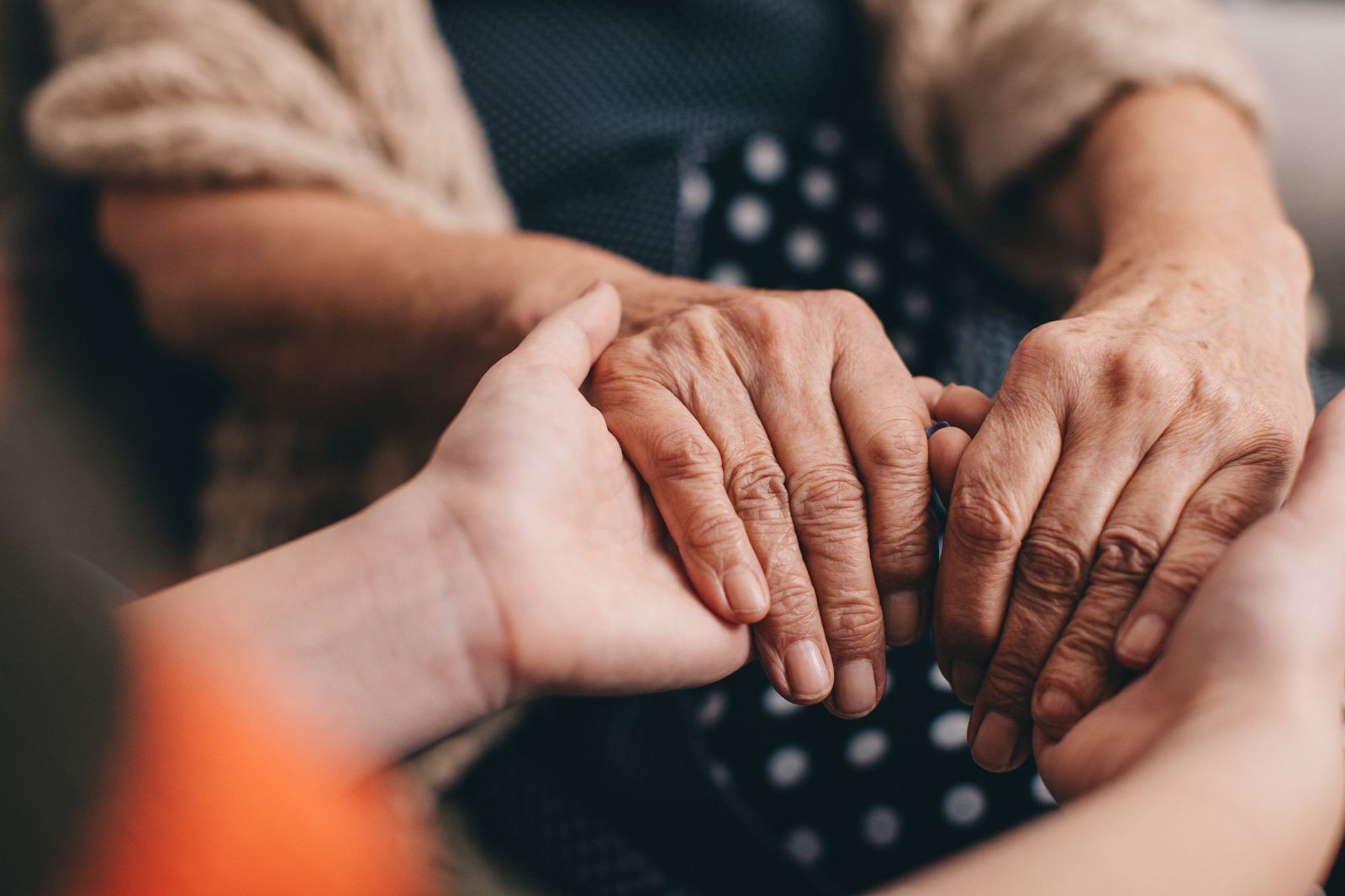We are very proud to have three areas within Blackpool Victoria Hospital that are solely focused on care for our older population – these are Wards 23, 25 and 26.
The wards aim to promote and extend healthy active life of this age group as far as possible and to reduce frailty and dependency. Patients are admitted to the wards for a wide variety of reasons and often present with multiple diseases or conditions. The wards also provide specialised care of patients with cognitive impairment and use ‘The Butterfly Scheme’ to promote and provide individualised care.
We are actively promoting independence and love to enable our patients to get up and dressed during the day as soon as they are well enough to do so (see #endPJparalysis for further information).
With this in mind, we would like to request that all our patients have well-fitting shoes or slippers and a set of comfortable clothes, as well as their toiletries and any other items that may be required.
Wards 23, 25 and 26 – visiting is completely flexible between 10am and 8pm, although we have protected mealtimes between 12:30 and 13:30 for lunch and 17:30 and 18:30 for tea. We support John’s Campaign for carers, so please feel welcome to visit during our flexible visiting times.
You can contact the Care of the Older Person wards at Blackpool Victoria on the numbers below:
Ward 23: (01253) 953423
Ward 25: (01253) 953425
Ward 26: (01253) 953426
Staff on the wards begin planning patients’ discharge upon admission. Patients are assessed and referred – where appropriate – to relevant professionals such as a physiotherapist or occupational therapist.
The hospital has a team of discharge co-ordinators who work across health and social care settings to ensure patients are safely discharged. The discharge co-ordinators are experienced in working with patients, carers, relevant family members and healthcare professionals. This may result in some patients being transferred to Clifton Hospital – to continue a plan of treatment or any ongoing rehabilitation needs that patients may have.
The National Service Framework (NSF) for Older People sets out the government’s standards for organisations in England that provide health and social services for older people. It aims to improve the quality of all services for older people and make sure that wherever they live, older people will receive the same standard of care.
What Older People can expect:
You should have the same access to services or treatment what ever your age – the NSF says: “NHS services will be provided, regardless of age, on the basis of clinical need alone. Local authority social care services will not use age in their eligibility criteria or policies, to restrict access to available services.”
You should be treated as an individual, with respect for your privacy and dignity – the NSF says: “NHS and social care services should treat older people as individuals and enable them to make choices about their care.”
This means that:
- Your views and those of anyone who helps to care for you should be taken into account
- You should be involved in all decisions about your needs and about how care is provided to you
- You should be given information to make choices about your care.
You should be helped to live as independently as possible – Where appropriate older people will have access to services that aim to prevent unnecessary hospital admissions, provide rehabilitation to enable early discharge from hospital and prevent premature or unnecessary admission to long-term residential care.
You should receive high quality care in good quality hospital environments – Hospitals should consider your needs during your stay in hospital, from admission through to arrangements for discharge. Wards should be clean and food should be nutritious. The hospital should also respect and support your spiritual beliefs and cultural preferences. All staff should be competent in the care of older people to ensure that older people receive good quality care throughout their hospital stay.
You should have access to services that help prevent you becoming ill through stroke, mental health problems or because of a fall – Health services should make sure you receive the best care possible, as quickly as possible by helping to co-ordinate your treatment and advising you about the best treatment and rehabilitation options.
You should be helped to lead a healthy, active life – Local NHS organisations and councils should work with voluntary organisations to remove barriers to a healthy lifestyle and a good quality life. This includes offering annual flu immunisation and helping people eat well, take exercise and stop smoking.
You should be helped to take medication and get the most benefit from it– Everyone over the age of 75 should normally have their medicines reviewed each year. If you take four or more medicines you should have a review every six months.
(The information was kindly supplied by Age Concern)




